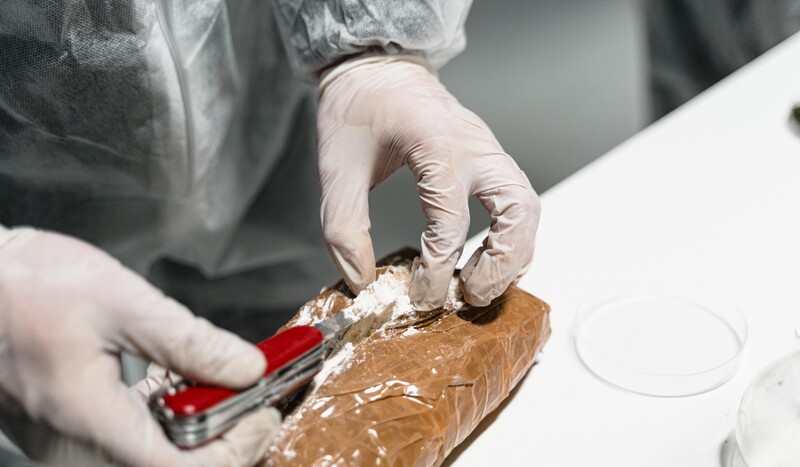Depopulating the Permissive World
 |
| One
of Canada’s largest mental health facilities, the Centre for Addiction
and Mental Health in Toronto, is calling on the federal government to
decriminalize all drugs and work with provinces to improve treatment and
harm-reduction services. CBCNews |
"[Our business plan paves the way to] build a better world and help bring a responsible end to the drug war.""We're going to start to build an ecosystem, go out as a beachhead, garner a market cap as a public company and start to acquire all these businesses that the general public hasn't clued in yet are narcotics businesses."Michael Astone, Safe Supply advisory board, chief executive, ArcStone Securities & Investments"If you ask a person, would they try it, they might say no. But then they meet someone who says, 'I do cocaine every Friday night' and it changes their mind.""If Anheuser-Busch or Bacardi suddenly said it would take some of its revenue and invest in Betty Ford clinics, could you imagine the backlash?""It would never fly."Jason Hockenberry, department chair, School of Public Health, Yale University"We don't see it as a conflict.""There is immediate and growing need for new investment in addiction and treatment facilities."Ronan Levy, Safe Supply board of advisers
 |
| Source: MART PRODUCTION / Pexels. |
A new business model based on the premise that legalizing cocaine is on the horizon, just listed itself as a startup on the Canadian Securities Exchange. Based on a 'third wave' of policy changes to decriminalize hard drugs in the wake of cannabis and psychedelics having become mainstream in Canada, Safe Supply Streaming Co. is placing its bets for the future and for the future success of its investment business model.
It has developed a plan to acquire companies that stand to benefit potentially, from such an anticipated change; fentanyl test-strip manufacturers, addiction clinics and energy drinks containing coca leaf, explains chief executive Bill Panagiotakapoulos. Its roughly 79 million shares had the company valued at roughly $11.9 million as of the Market close on October 4. Safe Supply estimates legal cocaine in British Columbia where decriminalization recently took place could become a $3.2-billion market.
What the founders of Safe Supply are envisioning is eventual global decriminalization through the promotion of laws to view the normalcy of retail drugs, being treated just as any other consumer product at the retail level. Their rationale is the belief that a drug crisis would be eased with legalization, and would serve convincingly to stem the tide of overdose deaths.
They take their cue from a number of governments which have committed to the vision of hard drugs being legalized as a departure from governments traditionally enacting laws to criminalize the sale and use of such narcotics. In 2001 Portugal decriminalized hard drugs, the state of Oregon, U.S., did the same in 2020. British Columbia's experiment in decriminalization covering heroin to methamphetamine became effective at the turn of 2023. In Bern, Switzerland, officials announced a pilot program to legalize cocaine sales.
The "safe supply" program that Canada has promoted with the intention of preventing overdoses through supplying drug users with opioids, stimulants and other drugs is viewed perhaps as the toe-in-the-door of total decriminalization. Health Canada reached an agreement with Canadian companies Lucy Scientific Discovery Inc. and Filament Health Corp. to allow them to research cocaine.
The reality of the situation is that no data exists in support of the theory that an 'enlightened' legal, regulated supply of cocaine would effectively stem overdose deaths.
Vancouver remains deeply steeped in an addiction epidemic, drug-linked crime and still-rising overdose deaths, even taking into account the policies it has introduced to make drug use safer. Legalization would likely lift the stigma from drugs, encourage experimentation which would lead to widespread use and eventually addiction, observed Jason Hockenberry of Yale's School of Public Health.
 |
Cocaine powder in Cayenne, French Guiana. Photographer: Jody Amiet/AFP/Getty Images |
Labels: Decriminalizing Heroin, Hard Narcotics Addiction, Investments

0 Comments:
Post a Comment
<< Home